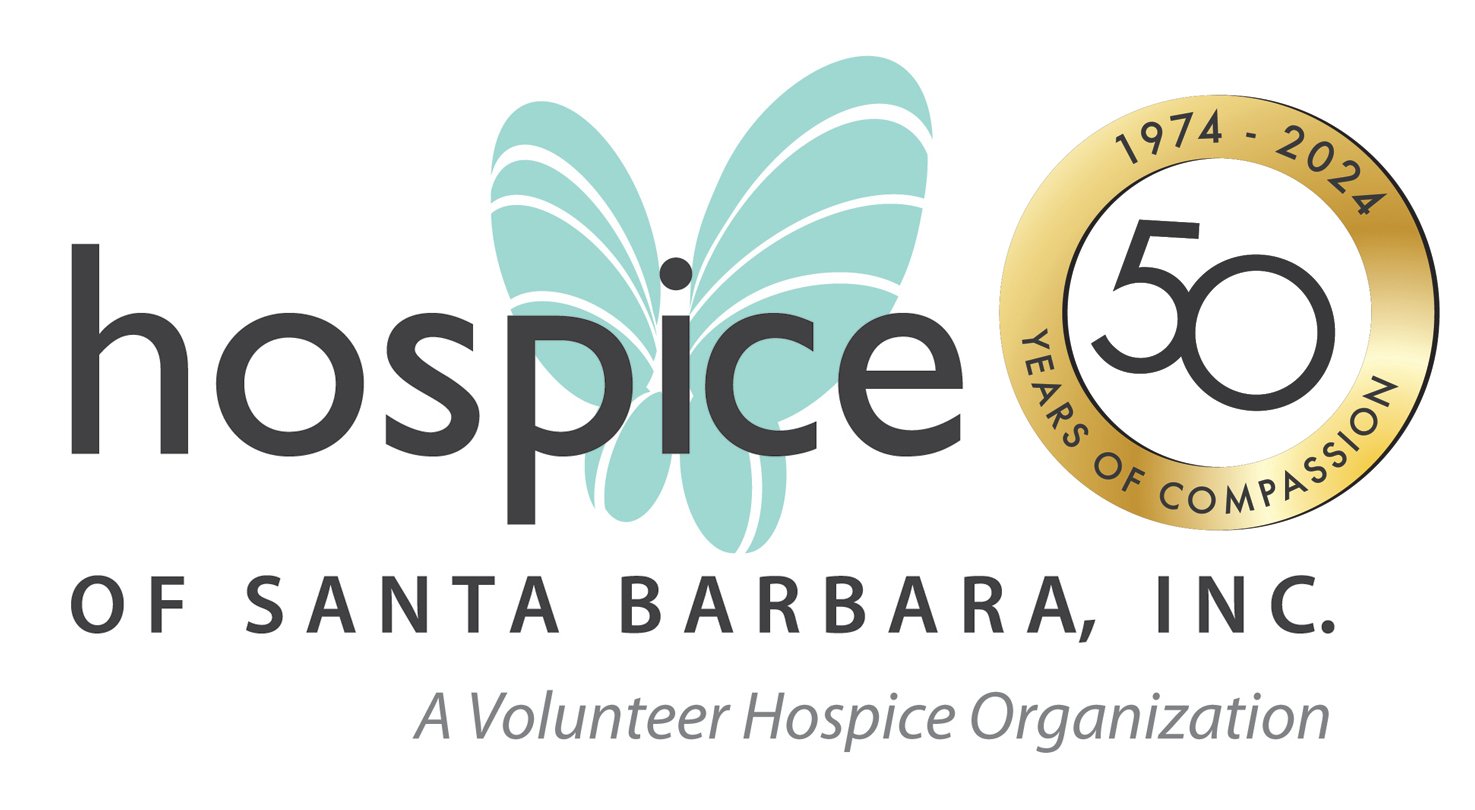By David Selberg | Published on 04.08.2015 11:00 a.m.
As one of my predecessors and good friends, Gail Rink, would say, “Planning for ‘end-of-life’ isn’t just smart, it's good manners.” And if it isn’t obvious, what she really meant is when we don’t make our wishes clear it can often leave a tremendous burden, heartache and confusion and create conflict for our families and loved ones. Let’s do one of the biggest favors we can do for those we most care about: Let’s take care of our end-of-life planning sooner rather than later.
April 16 is National Healthcare Decision Day. While I don’t think the intention for the day is for the entire country to whip out their advance directive forms, sit down and fill them out, I do think it is an important “reminder” on a national scale — a Post-It note on our collective foreheads saying, “The clock is ticking.”
As much of a hassle as it may seem, it’s a lot easier than you think. What I suggest is that you use a handy document called 5 Wishes, which you can find online (there may be a nominal fee). The wishes create a legal document whereby your doctor and family have specific instructions about your end-of-life wishes. They include:
» Wish 1: The Person I Want to Make Health Care Decisions for Me When I Can't
» Wish 2: The Kind of Medical Treatment I Want or Don’t Want
» Wish 3: How Comfortable I Want to Be
» Wish 4: How I Want People to Treat Me
» Wish 5: What I Want My Loved Ones to Know
End-of-life planning extends beyond issues of care and can also include financial and legal documentation including wills. Here are a few other advance directive documents that can help you and your family:
» A Durable Power of Attorney for Health Care (DPAHC) is one kind of advance directive. A DPAHC states who you have chosen to make health care decisions for you. It becomes active if you are unconscious or unable to make medical decisions.
» The Living Will is another kind of advance directive. The primary differences between the Living Will and the Durable Power of Attorney for Health Care are that the Living Will applies only when a physician has determined that the patient suffers from a terminal, incurable or irreversible condition and death is imminent.
» The Durable Power of Attorney for Health Care allows the agent to make decisions any time the patient is unable to make decisions on his or her own behalf. The Living Will declares specific treatment decisions, while the Durable Power of Attorney for Health Care names an agent to make the decisions for the patient.
» Wills, Durable Powers of Attorney, end-of-life care, inheritances and finances are all awkward topics to discuss, even in the closet of families. Each requires us to contemplate our own death and/or the death of a loved one and to make very personal decisions. It can be uncomfortable, yes, but believe me, it’s a lot better than the alternative. We should make our own decisions about our own lives and not leave it to those we care about to hash out once we’re gone.
My advice, if you haven’t done so already, is to fill out your advance directives along with/at the same time as your loved ones. Working together on your own forms will naturally allow for having “the conversation” as you engage in questions you both/all may be have or areas where you may want specific feedback.
Benjamin Franklin once said, “By failing to prepare, you are preparing to fail.” He was a really smart guy, wasn’t he?
— David Selberg is CEO and president of Hospice of Santa Barbara. Hospice of Santa Barbara hosts a free Community Five Wishes Workshop on the third Thursday of each month, and will mail the Five Wishes document at no cost. For more information, call 805.563.8820 or click here.


